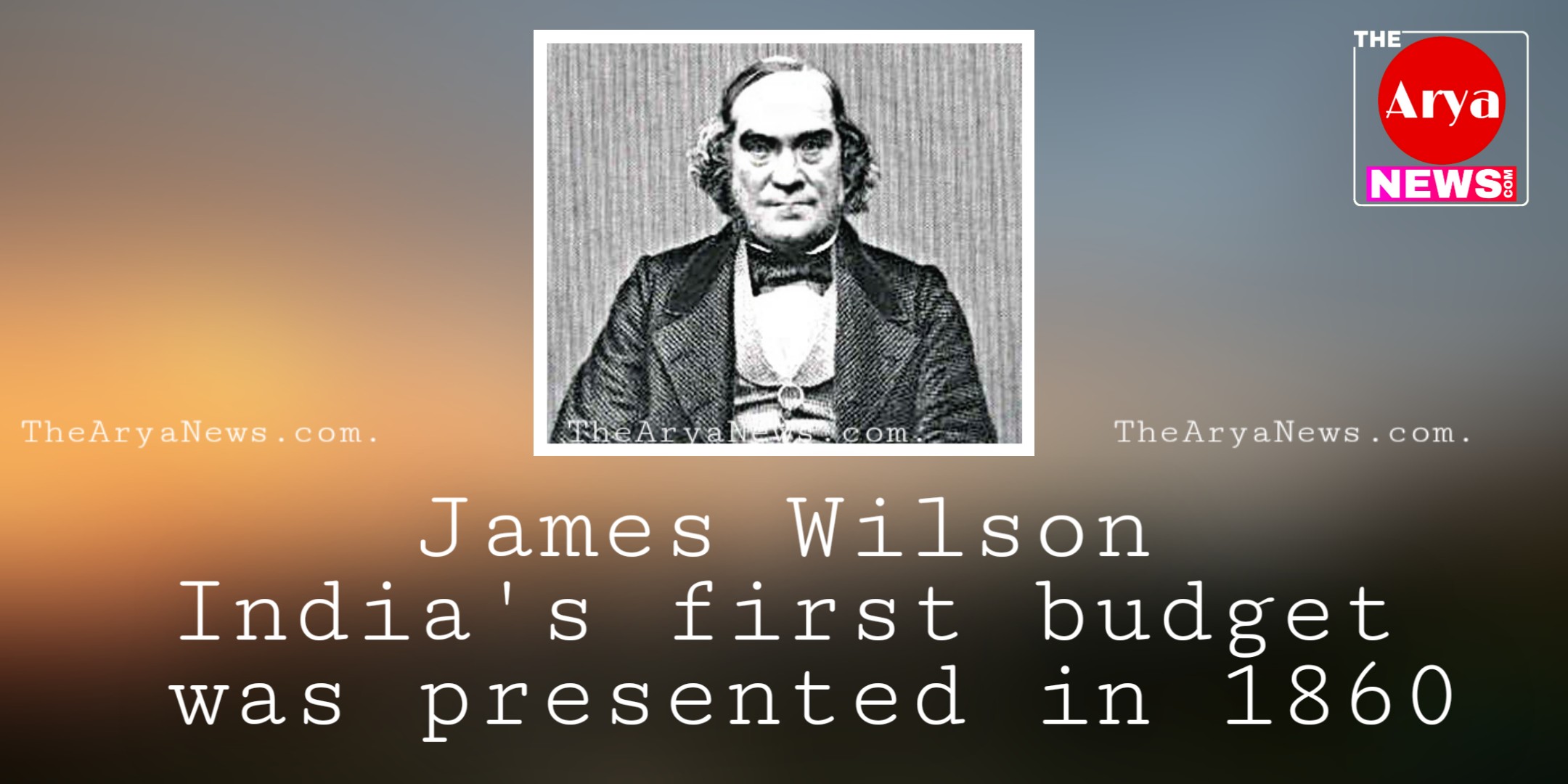The British government did not have to make long economic reforms in India or present the budget. The first rebellion took place in 1857 against the British government. From Mangal Pandey to Rani of Jhansi, many people jumped into the freedom struggle. The treasury of the government was emptying only in suppressing the rebellion. For the first time, the British Government felt the need of the budget and that’s why finance expert Sir James Wilson was called to India on 28 November 1859.
James Wilson used to sell hats
Wilson once used to sell hats. Surprisingly, Wilson was an ‘amateur’ economist. He had no formal training in economics, but, he was a good knowledgeer of economics. In 1843 he started The Economist. He started writing about economics and the economy of the British government. He started Chartered Bank of India, Australia and China in 1853 by selling his assets. This bank became Standard Chartered Bank in 1969. Seeing this work of his, the British Government made him Member of Parliament (England) and Finance Secretary of the UK Treasury. Seeing good work there, he was sent for the economic reform of the British Government in India. He died in August 1860, after presenting the budget in April.
Start of income tax
By the way, in this budget, there was an account of the expenses being made by the English government and where they should invest more money, these things were there. But one of the biggest things that overturned India’s economy was the Income Tax Act. Earlier, the tax which the British government used to take was not on any special basis. Sir James Wilson gave India the first Income Tax Act so that the British Government could compensate for the loss of 1857. There have been changes from time to time, but the foundation of today’s Modern Income Tax Act was laid in 1860 itself. Wilson’s budget gave the British government in India a tool with which the new government could easily increase revenue. At the same time, the new income tax policy for the economically weaker sections and middle class traders was going to break the back. After the Income Tax Act, not only the weaker sections, but also the landlords and big businessmen got upset.

